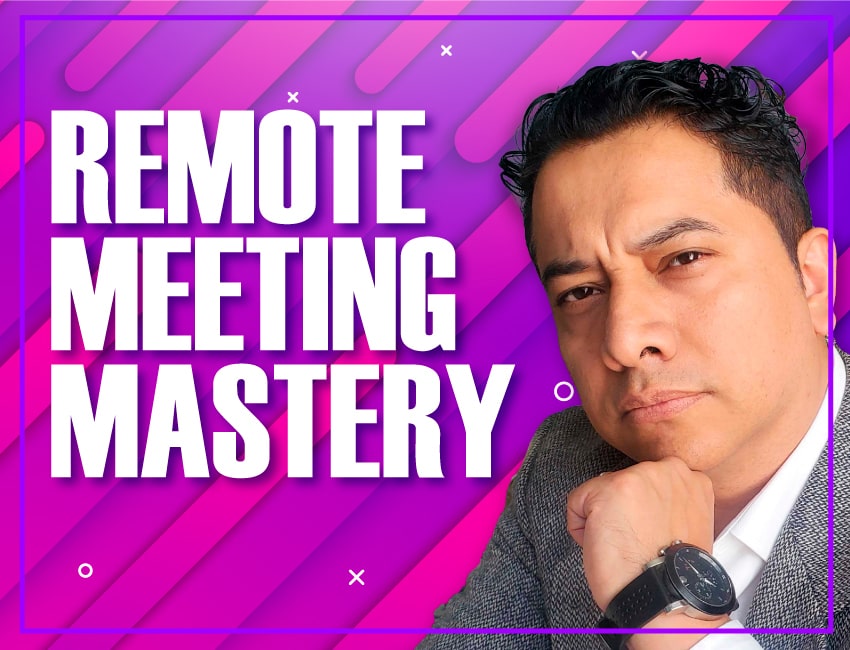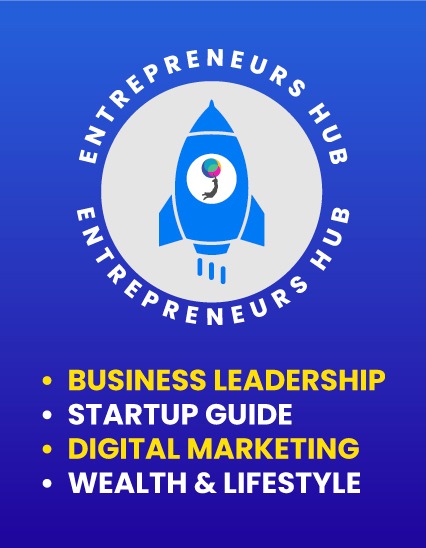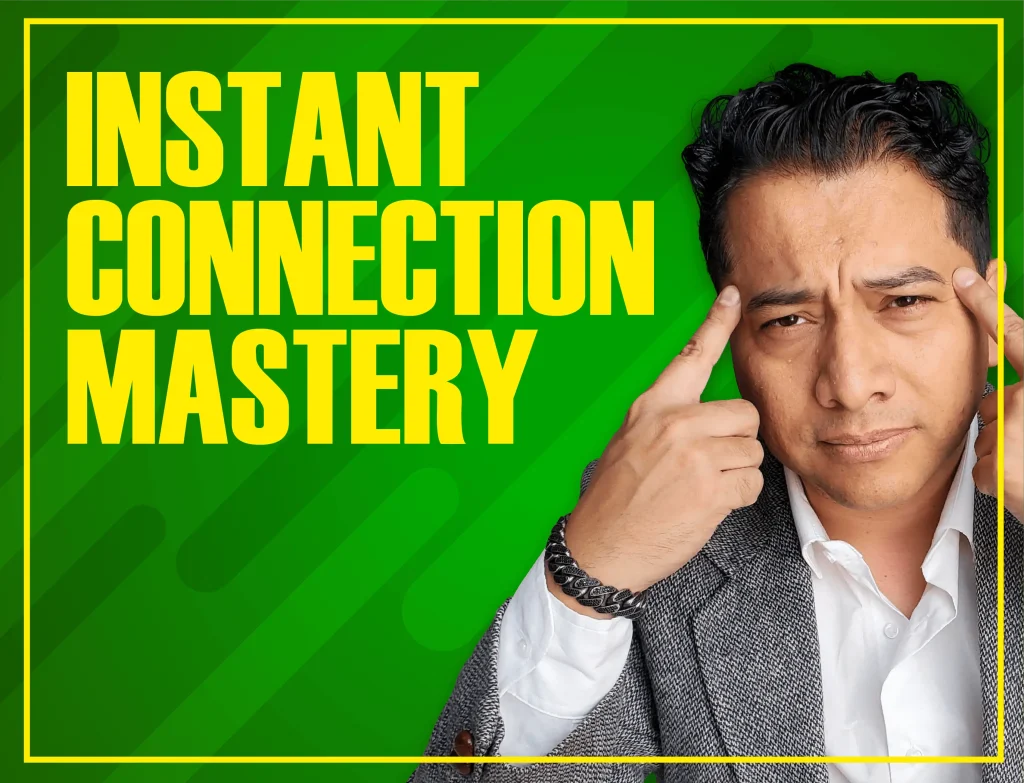Leadership for a New Generation: Engaging Gen Z in the Workplace

As Generation Z enters the workforce, their unique values, priorities, and skills are reshaping workplace dynamics and challenging traditional leadership models. Born between the mid-1990s and early 2010s, Gen Z grew up in a digitally connected world, navigating rapid technological change and global challenges. This generation seeks purpose, inclusivity, and flexibility in their professional lives, making it essential for leaders to adapt and evolve their approaches.
At Dreams Animation, we understand that engaging Gen Z employees requires innovative leadership strategies. This article explores how leaders can foster a workplace culture that resonates with Gen Z while driving organizational growth.
Understanding Gen Z Values
To effectively lead Gen Z, it’s crucial to understand their core values and what they expect from their employers. Here are some defining characteristics:
- Purpose-Driven Work:
Gen Z values jobs that align with their personal beliefs and contribute to positive societal impact. Leaders must articulate how their organization’s mission connects to broader social and environmental goals. - Flexibility and Work-Life Balance:
This generation prioritizes flexibility, whether through remote work options or adaptable schedules. Leadership should embrace hybrid work models to meet these expectations. - Mental Health Awareness:
Mental health is a priority for Gen Z. They expect leaders to foster supportive environments and provide resources that address wellness and work-related stress. - Technological Fluency:
Raised in the digital age, Gen Z is adept at using technology. Leaders must integrate advanced tools and platforms to optimize workflows and engage this tech-savvy generation.
Key Leadership Strategies for Engaging Gen Z
- Adopt Inclusive Leadership Styles
Diversity and inclusion are non-negotiable for Gen Z. Leaders must actively promote equitable policies, celebrate differences, and ensure every voice is heard. Creating a workplace where diverse perspectives are valued drives innovation and builds trust. - Foster Collaboration Through Technology
Gen Z thrives in environments that leverage technology for communication and collaboration. Platforms like Slack, Microsoft Teams, and project management tools facilitate seamless interactions and keep teams connected. Leaders should also encourage digital brainstorming sessions and virtual social events to strengthen team bonds. - Provide Continuous Learning Opportunities
Gen Z employees are lifelong learners who value skill development. Leaders should offer mentorship programs, online courses, and growth opportunities tailored to individual career goals. By investing in employee development, organizations can retain top talent and build a resilient workforce. - Prioritize Transparent Communication
Authenticity is key when engaging Gen Z. Leaders should maintain open lines of communication, provide regular feedback, and involve employees in decision-making processes. Transparency builds trust and fosters a sense of belonging within the organization.
Practical Examples of Gen Z-Centered Leadership
- Flexible Work Models:
A tech startup implemented a 4-day workweek to promote work-life balance. This change resulted in increased productivity and higher job satisfaction among its Gen Z employees. - Social Responsibility Campaigns:
A retail company involved Gen Z employees in planning a sustainability initiative, empowering them to lead projects focused on reducing waste and promoting eco-friendly practices. - Gamified Learning Programs:
A multinational corporation introduced gamified training sessions that combined skill-building with friendly competition, catering to Gen Z’s preference for engaging and interactive learning experiences.
Challenges in Leading Gen Z
While Gen Z brings fresh perspectives and energy to the workplace, leaders may face certain challenges:
- High Expectations:
Gen Z demands authenticity and accountability. Leaders must consistently align their actions with the organization’s values. - Shorter Attention Spans:
Growing up in an era of instant gratification, Gen Z may struggle with long-term focus. Leaders should break down projects into manageable tasks and celebrate milestones to keep motivation high. - Balancing Generational Differences:
Leaders must navigate potential conflicts between Gen Z and older generations in the workplace, fostering understanding and collaboration across age groups.
The Future of Leadership with Gen Z
As Gen Z becomes a larger part of the workforce, their influence on workplace culture will only grow. Leaders who embrace their values, leverage their strengths, and address their challenges will be well-positioned for long-term success. By creating inclusive, purpose-driven environments that prioritize flexibility and growth, leaders can harness the full potential of Gen Z employees.
At Dreams Animation, we specialize in crafting leadership strategies that empower organizations to adapt and thrive in a changing world. Our expertise in digital tools, innovation, and organizational development helps businesses connect with Gen Z and beyond.
Is your organization ready to lead the next generation?
Dreams Animation provides tailored solutions to help businesses engage Gen Z, foster collaboration, and build sustainable workplace cultures. From leadership development programs to cutting-edge digital tools, we’ll equip your team to thrive in a multigenerational workforce.
Contact Dreams Animation today to transform your leadership approach and unlock your team’s full potential.



















